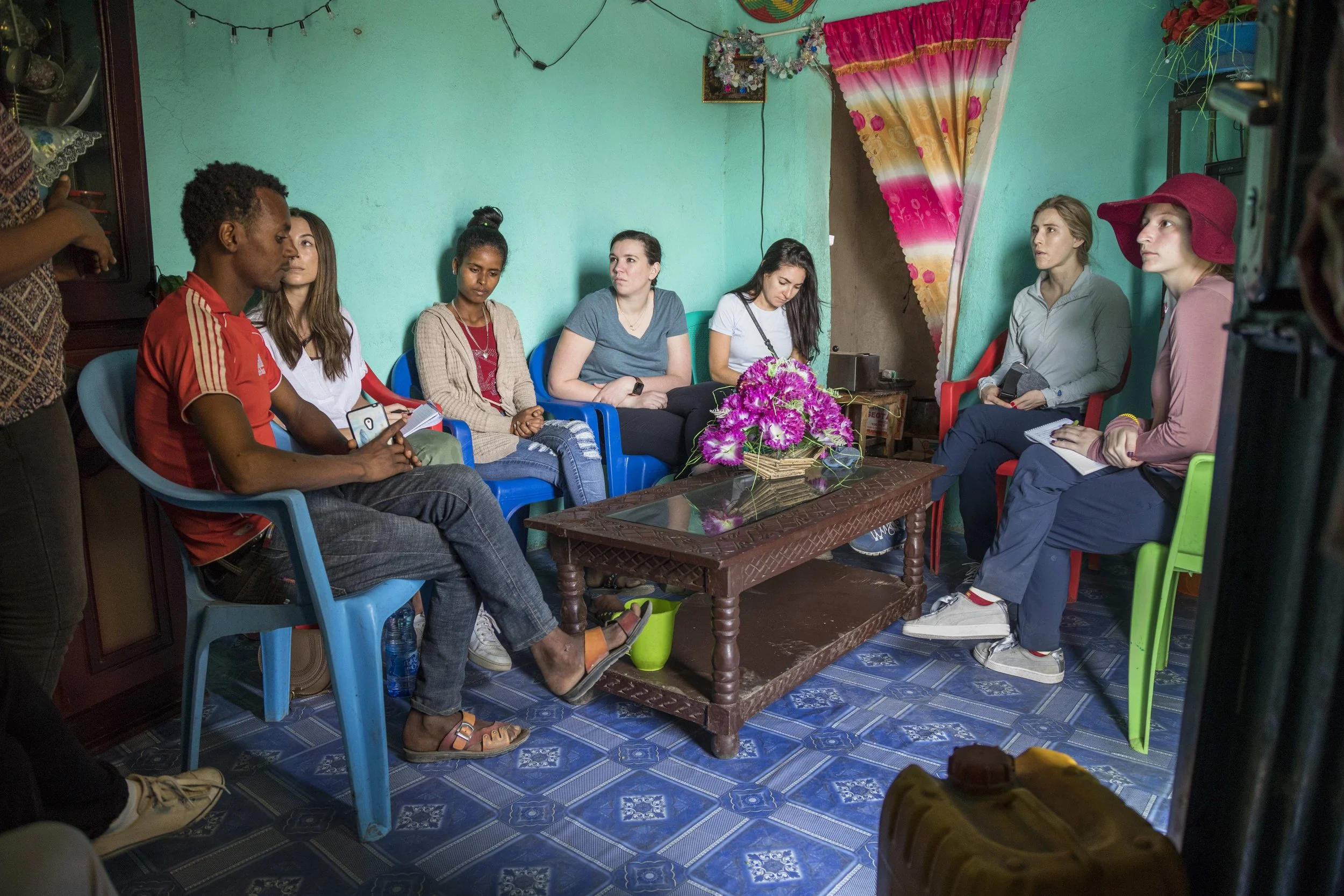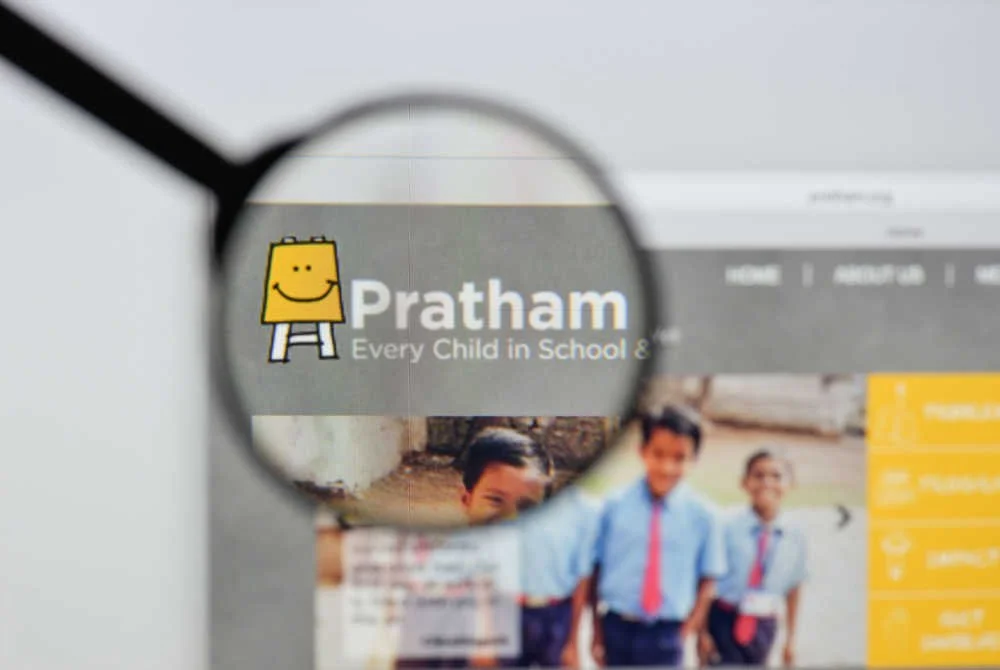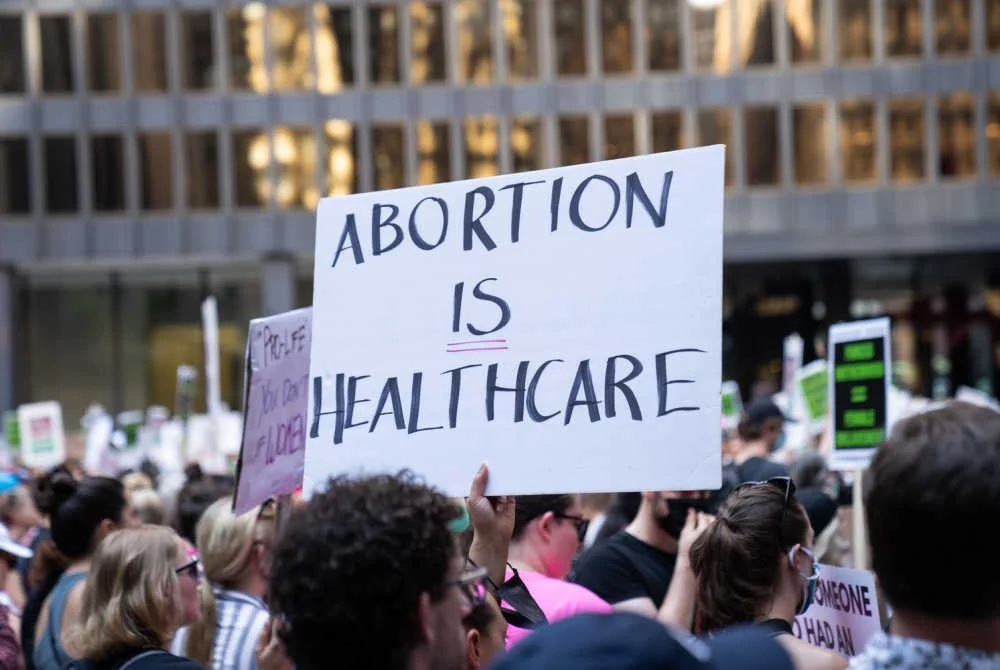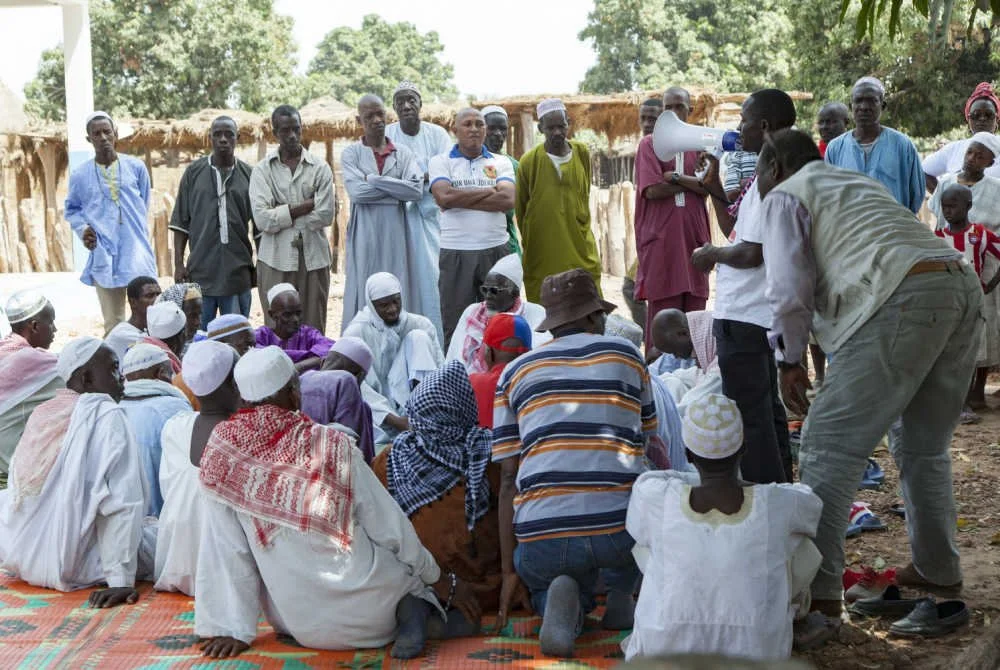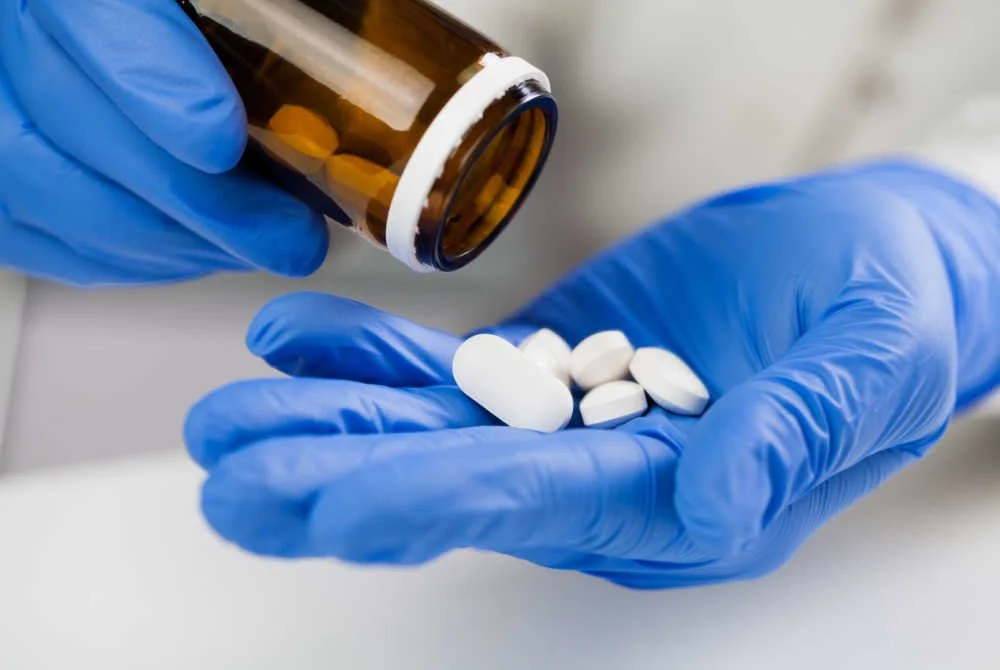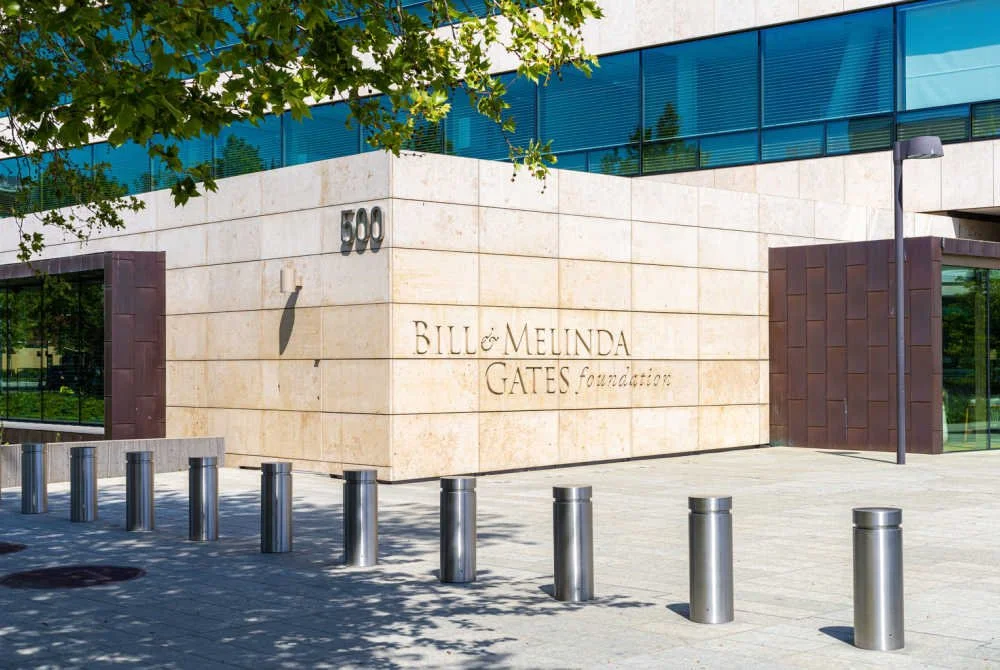The Deep-Pocketed Donors Behind the Latest Push Against Neglected Tropical Diseases
/A case of lymphatic filariasis. photo: MintZaa/shutterstock
Neglected tropical diseases (NTDs) have been getting increased attention from philanthropy in recent years—including a new $100 million fund that was just announced—and that's a good thing. NTDs are a variety pack of communicable diseases that thrive in tropical and subtropical conditions, impacting over 1 billion people in nearly 150 countries around the world. These diseases—like river blindness, schistosomiasis, and trachoma—disproportionately affect people living in poverty, those lacking adequate sanitation, and populations that live in close contact with affected infectious insects, domestic animals, and livestock.
Still, for all the harm they inflict on poor countries—especially in rural areas, urban slums and conflict zones—NTDs have been often "neglected" because those affected by these diseases tend to lack a political voice and have little sway when it comes to research agendas and policy making. Also, because these diseases don't inflict the death toll of diseases like malaria and HIV/AIDS, they don't get as much attention from national governments and global health agencies. The World Health Organization (WHO) does target NTDs in multiple Sustainable Development Goals (SDGs), but achieving those goals requires more resources and a greater sense of urgency. Which is one reason why philanthropy's role here is so important.
The most recent offensive by private funders on this front seeks to raise $100 million through a collective launched by Sheikh Mohamed bin Zayed Al Nahyan, crown prince of Abu Dhabi. The 10-year fund aims to eliminate river blindness and lymphatic filariasis. River blindness, or onchocerciasis, affects an estimated 100 million people worldwide, while lymphatic filariasis, also known as elephantiasis, affects over 1 billion. The fund was announced at the Reaching the Last Mile global health forum, which recently took place in Abu Dhabi. The forum was made possible with the help of strategic partners such as the Carter Center and the Gates Foundation.
Related
- Neglected No More? The Fight Against NTDs Picks Up
- With Ebola in the Rearview Mirror, Neglected Tropical Disease Research Commands More Attention
- Behind the Gates Foundation’s Research War Rom in the Fight Against Neglected Tropical Diseases
Prince bin Zayed is committing $20 million to the fund and the Gates Foundation—a ubiquitous name in the global fight against NTDs—is matching that commitment with up to $20 million in funding as well.
These two partners have worked together in the past. In 2011, they each committed $50 million to provide vaccines to children in Afghanistan and Pakistan. Prince bin Zayed's other philanthropic initiatives have included steady giving for species conservation, giving to combat human trafficking, and donations to Gavi, the vaccine alliance.
To date, Gates has committed over $1 billion to organizations around the world that are providing the tools to prevent, diagnose and treat NTDs, tools which are more widely available in developed countries.
Other institutions are contributing to this new push against NTDs. GlaxoSmith Kline is donating albendazole treatments over the next decade in an effort to eliminate lymphatic filariasis in school-aged children, and Merck, better known as Merck Sharp & Dohme or MSD outside of the United States, is donated ivermectin to eradicate lymphatic filariasis and river blindness via its Mectizan Donation program. Merck began donating Mectizan in 1987 by establishing a multi-sector partnership with the WHO, the World Bank, ministries of health, NGOs and local community health agencies.
NTDs aren’t common in rich countries like the U.S., which is why most people have never heard of river blindness and lymphatic filariasis. However, close to one in six people around the world suffer from NTDS, including 875 million children. Aside from the debilitating health effects, in adults, NTDs can lead to long-term disability that can put them out of work, thereby perpetuating the cycle of poverty. And poverty eradication is on the top of the to-do list for nearly all global development organizations.















